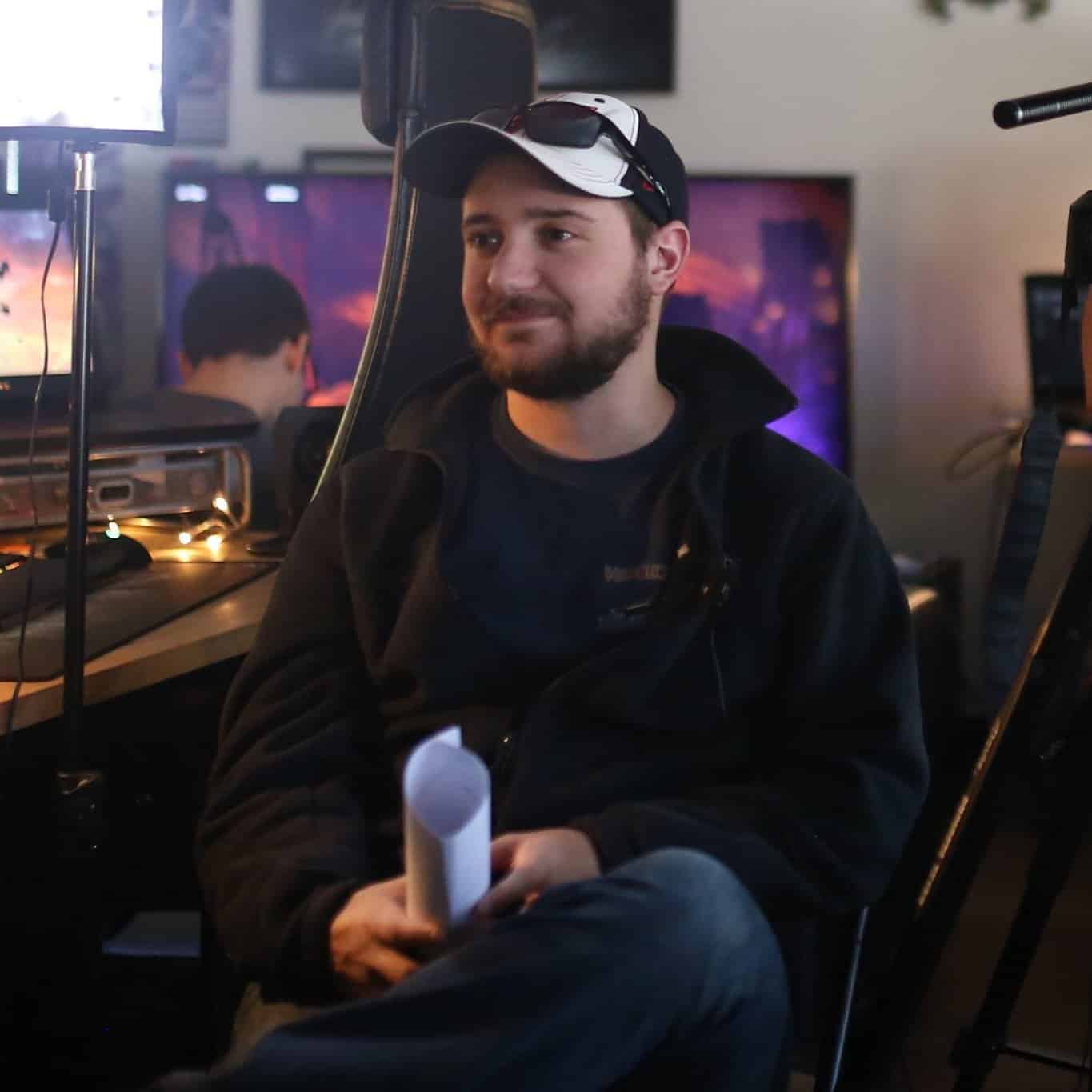GOG has just implemented a new refund policy that gives consumers up to 30 days to request a refund for any game they’ve purchased, no matter how long they’ve played it. While this is a great consumer move, for developers it’s most likely just going to cause more financial uncertainty in an industry that is consistently lowering the price of games through frequent discounts and sales as development costs keep increasing.
The update was made by GOG in part due to the customer base not abusing the previous policy, which allowed consumers to return games within 30 days that were never downloaded or launched, according to Global Community Manager Marcin Traczyk. The updated policy does away with that and allows customers to return games for any reason within a 30-day period, no matter how much time they spent with it.
“Every refund request we receive will be treated individually,” said Traczyk in a statement to Escapist Magazine. “We are monitoring the situation and adjust on individual cases if we notice anyone taking advantage of the policy in place. This update is possible thanks to the great community that we have at GOG.COM, that shows respect to the hard work and all the effort put by developers to create games. We believe this attitude will remain the same, and gamers won’t treat refunds, for example, as a way to finish the game and review it.”
CD Projekt Red is known for being especially consumer-friendly, which has generated plenty of positive PR for the company. With their excellent and fairly priced DLC offerings, lack of microtransations, and recent announcements like supporting Microsoft’s new Smart Delivery program through Cyberpunk 2077, the company does a lot to try to keep its customers happy.
While the new policy is certainly very generous towards consumers, game developers aren’t as thrilled about the change. I was able to speak with a few sources about the change in policy.
Alex Hutchinson, creative director and co-founder of Typhoon Studios, thinks that GOG’s new policy is “excessively optimistic, and using (developers’) money to try and buy market share from Steam. They want to look generous, which is great, but they’re not sharing the risk. It’s easy to be nice when you’ve got no skin in the game.”

The new policy puts the vast brunt of the risk on the developers and very little on GOG, which was a sentiment shared by all three of my sources. GOG’s trust in the consumer is admirable, but it’s not clear in their new policy what a customer abusing the system actually means. One can assume it means that if a customer frequently buys games, puts a lot of hours in, and then returns them once finished, then that would be an abuse. Does anything else constitute abuse though? That lack of clarity will leave developers continually on edge about how much money they’re actually going to make if they release their games on the platform.
“(It) seems massively skewed, to be honest,” said Freesphere Entertainment’s Mark Gregory. “I am all for Steam’s system as there has to be some recourse for players, but this just seems to be CDPR building their customer-friendly persona at the expense of peers. It’ll certainly make me question putting our games on GOG.”
Some developers are wary of even speaking up on the matter due to the current social media climate. Pro vs. anti-consumer practices has always been a hot topic in the games industry, especially in the age of microtransactions and lootboxes, and some developers are feeling the pressure of wanting to ensure they’re generating revenue — but also not creating an adversarial relationship with potential customers.
“It’s tough to comment on GOG or this sort of thing as it’s so easy to be misunderstood for being anti-consumer,” said a source who wished to remain anonymous. “There’s always a line and this change in policy definitely feels like it crosses over it. But saying things like that almost always gets people riled up. I understand why — there are a lot of exploitative practices out there on the part of devs. Unfortunately, we kind of live in a binary world now and it makes discussing things rationally uncomfortable at best, impossible and catastrophic at worst.”
Developers on Twitter in general don’t seem thrilled about the change, and even less thrilled that they were neither notified nor given a say about this change before it was made.
Hopefully the policy works out, but it wouldn’t exactly be surprising to see GOG have to walk this back a bit to have some more restrictions or make it more clear what counts as “abuse” in the weeks to come.






Published: Feb 28, 2020 04:12 pm